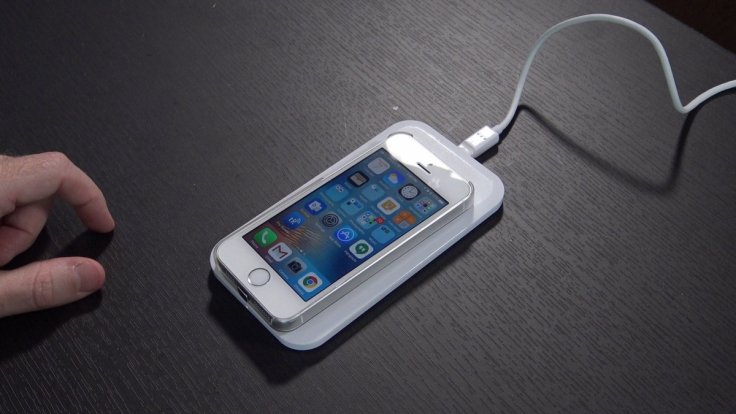
The European Parliament on Thursday, January 30, voted overwhelmingly in favor of a common charger in what is seen as a blow to Apple which has been reluctant to adopt USB Type C standard on its iPhones. The vote follows EU members urging the European Commission to force tech giants to adopt a common universal charging method last month.
EU pushes for common charger
The lawmakers voted 582-40 in favor of the new resolution, urging the European Commission, which drafts EU laws, to adopt new rules by July that would make EU consumers no longer obliged to buy new chargers with each new device.
According to a Reuters report, the resolution said that a voluntary agreement in the industry had reduced the number of charger types. However, the approach did not result in companies adopting one common standard, prompting the EU lawmakers to take action.
Move will help reduce electronic waste
The EU has been working to get major phone makers including Apple to switch to a common charger standard for almost a decade for mainly environmental reasons. Whilst most companies conformed to this, some companies like Apple did not.
The EU believes that by adopting a single charger, electronic waste or e-waste could be significantly reduced.
The resolution gave an estimate that the e-waste per EU inhabitant was at 16.6 kilograms, which would put the total figure at 12.3 million tonnes for the entire EU population.
A common charger that can charge different phones would mean that people don't have to dump their older chargers and can continue using them, thereby reducing e-waste.
Wireless charging as an alternative
The EU resolution also highlighted wireless charging as a way to reduce e-waste, but urged the Commission to ensure that the rules adopted by them ensured that the wireless chargers would work with different phone brands and were able to charge different phones.
How does this affect Apple?
Apple was perhaps the only company that criticized the move saying it would stifle innovation and be disruptive for the consumer. It also argued that it would inadvertently create e-waste if existing lightning chargers and cables were dumped by users who'd have to shift to USB-C.
Apple will be the most affected by a common charging standard. The company has not stopped using its proprietary lightning port on its iPhones, including in the current iPhone 11 series, and has been bundling its proprietary lightning adapter and lightning cable along with the iPhones and iPads, while almost every Android manufacturer has moved to USB Type C ports on their phones.
Charging brick
Recent research by sustainablySMART shows that most of the e-waste is generated by the charging brick or the charging adapter and not the charging cable. The company suggests that smartphone manufacturers should stop bundling the charging adapters in the retail box so that consumers can use their old adapters instead.









